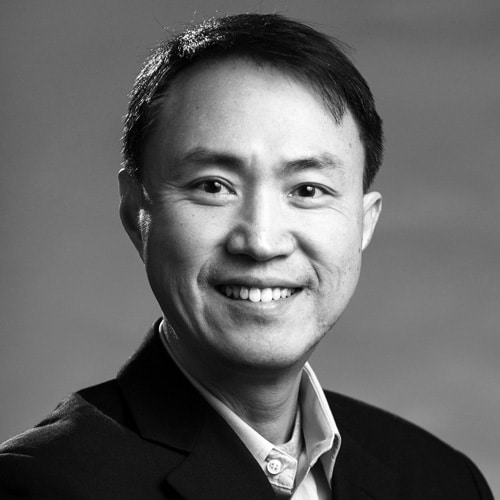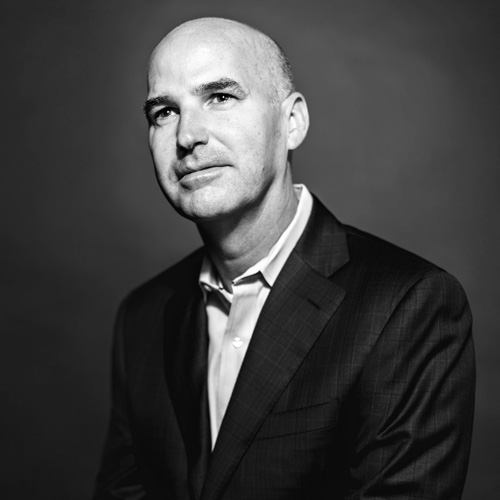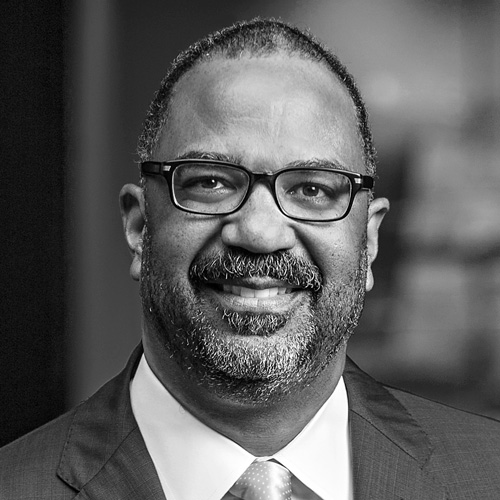Alex Choy is used to working in the fast-paced world of Silicon Valley where the newest technology trend instantly becomes a way of life. But he’s also learned to embrace his inner teacher since joining Emdeon in 2014 as the healthcare company’s chief information officer and executive vice president of research and development.

“I’m used to working at technology companies in Silicon Valley where everyone has the basics already, and you don’t have to do a lot of training,” Choy says. “It gives me the opportunity to be a teacher and a motivator, in addition to being a technology leader, which has been fun.”
Much of Choy’s work at Emdeon has included coming up with plans to bring healthcare applications into the modern technology age and training his team to embrace those changes.
Emdeon’s systems ease the interactions between healthcare providers, health plans, and patients by allowing all sides to access information about benefits, eligibility, billing, payments, and other information. Its network is vast, including 340,000 providers, 1,200 government and commercial payers, 5,000 hospitals, 105,000 dentists, 60,000 pharmacies, and 600 vendor partners.
Choy and his team innovate behind the scenes to create technologies that help consumers before they even know they need it. “You might be at a hospital and using its interface to receive care and actually employing our technologies without even realizing it,” he says.
When Choy started at Emdeon, he recognized that the company mirrored many others in the healthcare IT industry: labor-intensive customer service and out-of-date technology. He quickly got to work to upgrade the company’s efficiency through the know-how he gained in his previous positions at Adobe, Oracle, and other innovative Internet companies.
Newer technology will bring significant improvements to how care is administered and covered, thereby benefiting patients and care providers alike, Choy says. “By making the user experience better, we are hopeful that we can enable better care, more patient engagement, and less waste and abuse of the system,” he says. Emdeon is also opening up its platform, and future architecture will enable the third-party developers to build applications that will increase usage, functionality, and user-friendliness.
Another major technology initiative at Emdeon is its movement of applications to the public cloud infrastructure, such as Amazon Web Services (AWS), reducing its own data center footprint. The move allows for more agility, faster innovation, and better security and availability.
By partnering with leading cloud platform vendors like AWS, Emdeon can leverage the scale of the public cloud. That way, it can focus its own energy and innovation on creating value to Emdeon’s customers as opposed to spending time and effort on commodity infrastructure. “We have laid a strong foundation and are seeing some very encouraging initial successes,” he says.
Yet Choy’s efforts are yielding positive results beyond the technological improvements. “The culture is changing,” he says. “Before you can change technology you have to change people’s mind-sets. It has been an exciting journey.” Emdeon’s changing mind-set includes an attitude of continuous learning for its employees, which has led to the creation of Emdeon University, a learning management system full of resources for professional and leadership development.
The company also has a program of cultural ambassadors where employees help each other learn new techniques and methodologies, including Design Thinking, which is a customer-centric approach to creating solutions that meet the market needs. One textbook for the program is Change By Design by Tim Brown, a 2009 book that encourages innovation and designing new ideas with the end user in mind. “It’s about gaining insights to solve customer problems first and not be inhibited by assumptions we may have made in the past,” Choy says.
Emdeon has numerous offices besides its headquarters in Nashville, Tennessee. The company keeps an open communication channel among its branches in San Francisco, Los Angeles, Atlanta, Chicago, Dallas–Fort Worth, and St. Louis. It promotes a sense of community through a Salesforce community tool called Chatter that works similar to Twitter, but is secure within the enterprise. Emdeon also employs other creative communication means, including holding virtual town hall meetings.
Even with all the progress so far, Emdeon is still in its first steps of what Choy says will be a three-year evolution for the company. The changes have included surrounding himself with a top-tier management team of people from many leading technology companies as well as infusing the company with young talent. “Bringing in new blood really helps refresh and change the culture,” he says.
“You have to give people a sense of purpose. A lot of times people resist change because they don’t understand the mission, and they don’t feel empowered.”
Choy suggests that the healthcare industry needs to be more aware and bolder to embrace technology changes that are happening in other industries. “I think because healthcare is a regulated industry, people are a little more risk averse,” he says. “Let change work for you instead of trying to work against it.”
As a leader, Choy inspires his employees to try new things and take on new responsibilities. “You have to give people a sense of purpose,” he says. “A lot of times people resist change because they don’t understand the mission, and they don’t feel empowered.”
For the future, innovation enabled by technology is the key to practically every business practice at Emdeon. “Technology and innovation can bring disruptions in a tremendously positive way,” Choy says. “If we’re successful, it’s going to bring very meaningful change to the healthcare industry, and improve the efficiency and experiences in how we receive and pay for our care.”

